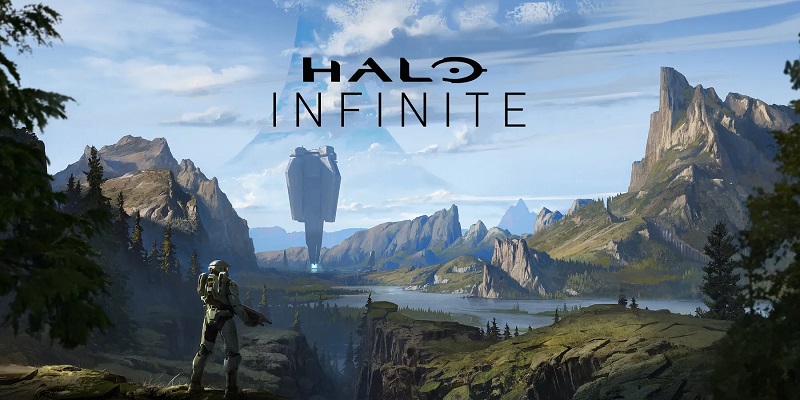this post was submitted on 05 Jul 2023
318 points (94.2% liked)
Games
33496 readers
1352 users here now

Welcome to the largest gaming community on Lemmy! Discussion for all kinds of games. Video games, tabletop games, card games etc.
Weekly Threads:
Rules:
-
Submissions have to be related to games
-
No bigotry or harassment, be civil
-
No excessive self-promotion
-
Stay on-topic; no memes, funny videos, giveaways, reposts, or low-effort posts
-
Mark Spoilers and NSFW
-
No linking to piracy
More information about the community rules can be found here.
founded 2 years ago
MODERATORS
you are viewing a single comment's thread
view the rest of the comments
view the rest of the comments

I think specifically in the case of Halo, the surprise is because it was such a powerhouse of a franchise in the 2000s into early 2010s. Halo was the Fortnite and Apex Legends before Fortnite and Apex Legends in terms of player retention.
Halo 2 and 3 had thriving playerbases for years after release. Infinite came out just over 1.5 years ago and has already lost almost all of its players. The Master Chief Collection currently has more players than Infinite with 5,200 to Infinite's 3,000 on Steam.
I spent countless hours in high school playing Halo 3, and even a few years after release, you'd have hundreds of thousands of players online. Two years after release in October 2009, Halo 3 had close to 759,000 players online in the span of 24 hours, plus about 129,000 playing ODST, which had just come out a month prior.
I'm not a fan of gaming as a service, but it clearly can be a successful business model for sustained success, so you'd think that one of the most iconic gaming franchises of all time would be able to harness that.